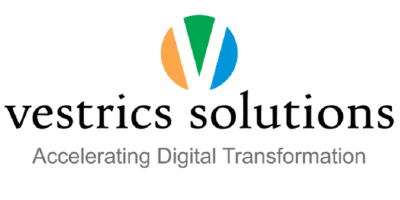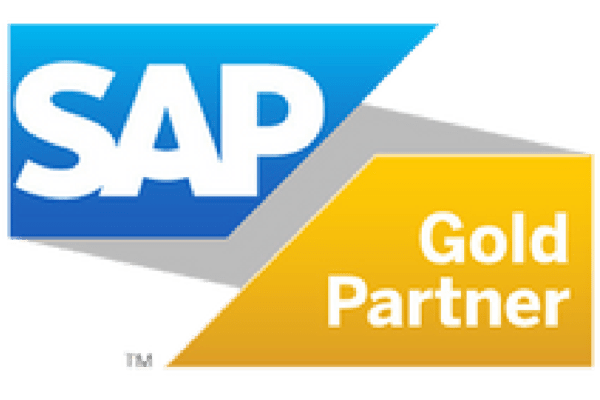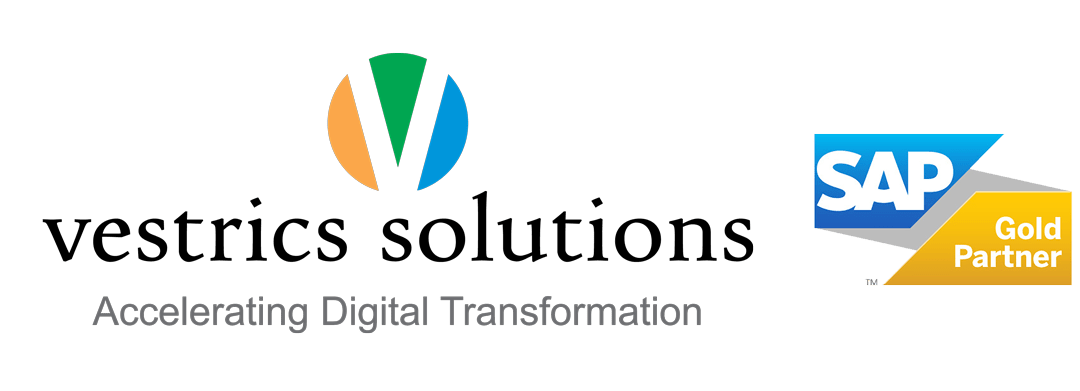5 Key Strategies for a Successful ERP Implementation
Enterprise Resource Planning (ERP) systems are essential instruments that empower companies to optimize operations, enhance productivity, and secure a competitive advantage. However, implementing an ERP system is a complex endeavor that requires meticulous planning and execution. In this post, we will discuss five important tips to ensure a successful ERP implementation, avoiding common pitfalls and maximizing the benefits of this powerful technology. Thorough Planning and Preparation The foundation of a successful ERP implementation lies in thorough planning and preparation. This phase involves defining clear objectives, understanding business processes, and aligning them with the capabilities of the chosen ERP solution. Here are some vital steps to consider: Needs Assessment: Conduct a comprehensive analysis of your organization’s requirements. Involve crucial stakeholders from various departments to gather perspectives on their unique requirements and challenges. Selecting the Right ERP Solution: Choose an ERP system that aligns with your business goals, industry requirements, and budget. Consider factors such as scalability, customization options, and vendor support. Forming a Competent Implementation Team: Assemble a dedicated team with representatives from various departments. This team should have a mix of technical expertise and in-depth knowledge of the organization’s processes. Setting Realistic Expectations: Establish clear, measurable goals for the implementation process. Define key performance indicators (KPIs) that will be used to evaluate the success of the ERP system. Comprehensive Training Plan: Create a training program that ensures employees at every level have the necessary skills to utilize the new system proficiently. This may include workshops, online courses, and hands-on training sessions. Customization vs. Configuration One of the critical decisions in ERP implementation is determining the level of customization required. While it may be tempting to tailor the system to fit every specific need, excessive customization can lead to higher costs, longer implementation times, and increased complexity. Instead, focus on configuration: Configuration for Efficiency: Leverage the configuration options provided by the ERP system to align it with your existing processes. This allows for a smoother transition and minimizes the need for extensive customizations. Identify Critical Customizations: Identify the specific functionalities that are crucial for your business operations and may require customization. Prioritize these based on their impact on productivity and efficiency. Stay Aligned with Best Practices: Resist the urge to deviate too far from industry best practices. ERP systems are designed to incorporate widely accepted processes that have proven to be effective. Also read: https://www.vestrics.in/key-principles-for-successful-sap-s-4hana-cloud-implementation/ Data Migration and Cleansing Accurate and clean data is the lifeblood of any ERP system. Inadequate data quality can result in inaccuracies, inefficiencies, and a lack of confidence in the system. Therefore, a meticulous approach to data migration and cleansing is essential: Data Audit and Cleanup: Conduct a thorough audit of existing data to identify duplicates, inaccuracies, and inconsistencies. Develop a plan to clean and standardize the data before migration. Map Data Relationships: Ensure that data relationships are accurately mapped in the new ERP system. This includes linking customer information, inventory records, financial data, etc. Establish Data Governance Policies: Implement robust data governance policies to maintain data integrity post-implementation. Clearly outline the roles and duties of data management and set up procedures for continuous data upkeep. Change Management and Communication A successful ERP implementation often hinges on effective change management and communication strategies. Employees need to be informed, engaged, and supported throughout the process: Clear Communication Channels: Establish regular communication channels to update employees on the implementation progress. Address concerns and provide a platform for feedback. Change Champions: Identify and empower critical individuals within the organization to act as change champions. These individuals can help drive adoption, provide support, and act as a bridge between management and employees. Addressing Resistance: Anticipate and address resistance to change. Provide training, resources, and forums for employees to voice their concerns. Highlight the benefits and positive impacts of the ERP system on their daily tasks. Post-Implementation Evaluation and Optimization The implementation process doesn’t end with the go-live date. Continuous evaluation and optimization are crucial for long-term success: Monitor KPIs: Regularly assess the key performance indicators (KPIs) established during the planning phase. Use these metrics to identify improvement areas and track the ERP system’s ROI. User Feedback and Refinement: Actively seek user feedback regarding their experience with the new system. Use this feedback to make refinements, address pain points, and enhance user satisfaction. Stay Updated with Vendor Support: Stay informed about any updates, patches, or new features offered by the ERP vendor. Regularly review the system to incorporate enhancements that align with your business objectives. You may also read: https://www.vestrics.in/selecting-the-ideal-sap-gold-partner-a-comprehensive-guide/ Conclusion A successful ERP implementation can revolutionize business operations, increasing efficiency, better decision-making, and enhance competitiveness. By adhering to these five key strategies – thorough planning, prudent customization, data management, change management, and post-implementation evaluation – organizations can navigate the complexities of ERP implementation and pave the way for sustained success in the digital age. Remember, an ERP system is not just a technology solution; it’s a catalyst for positive transformation across the entire organization. Ready to elevate your business with seamless ERP implementation? Reach out to us today at sales@vestrics.in or call us at +91 99510 53333.







